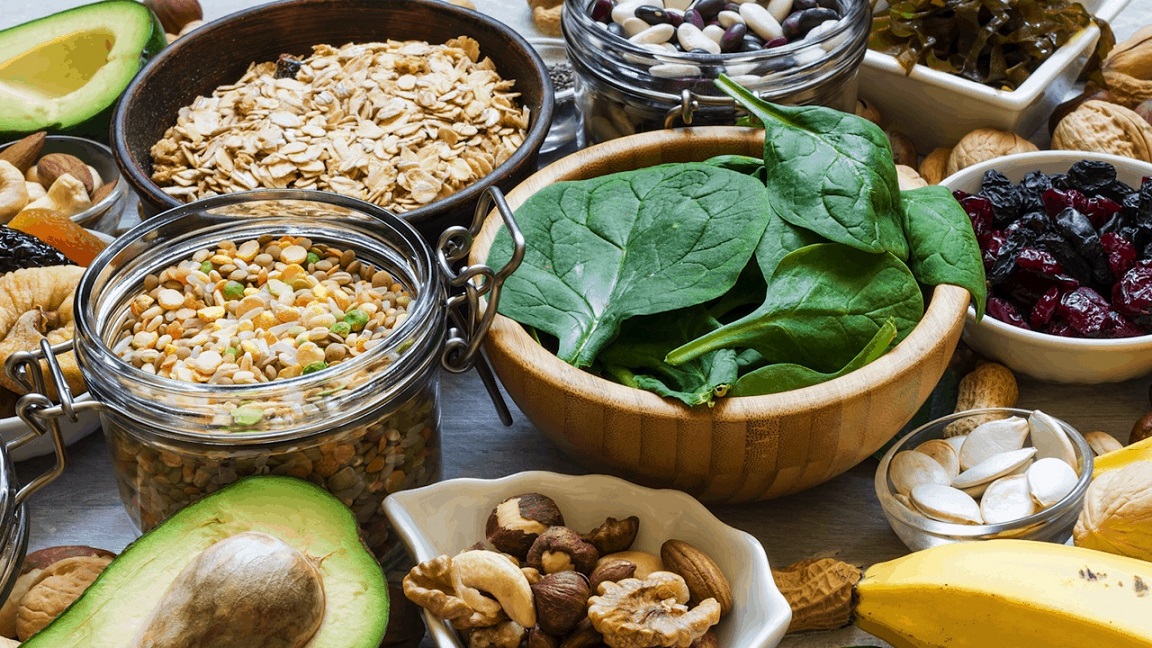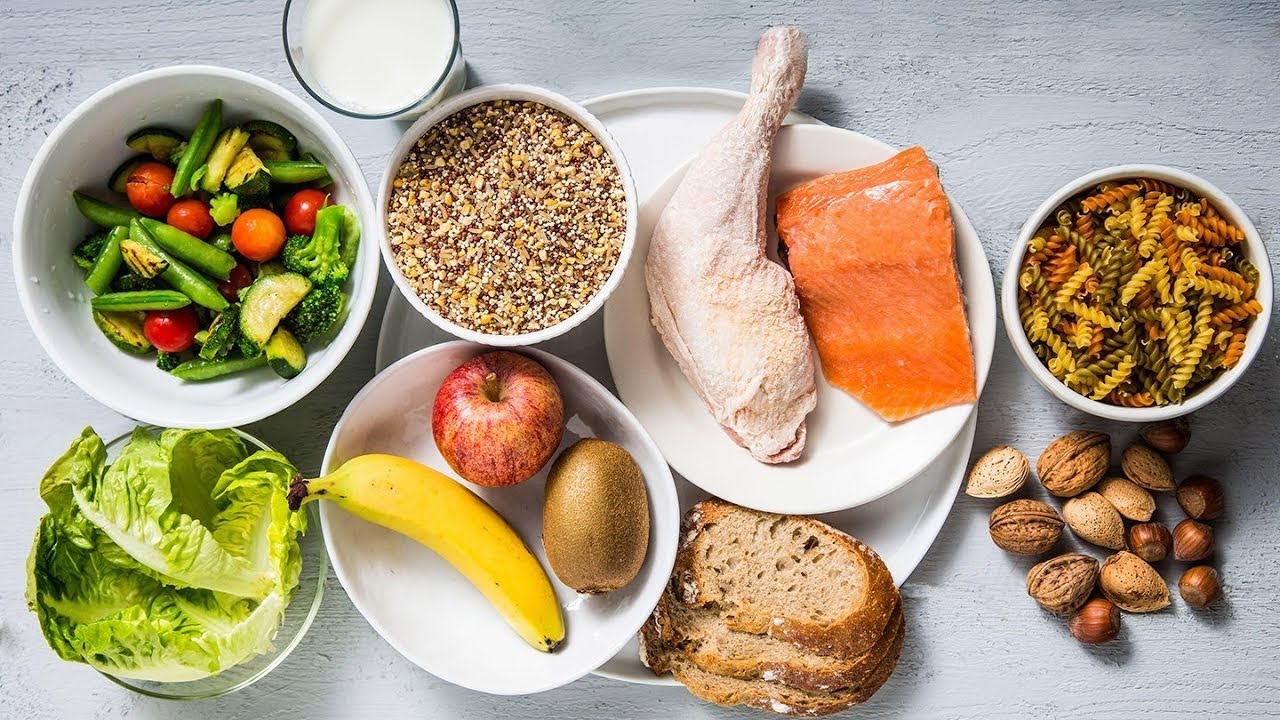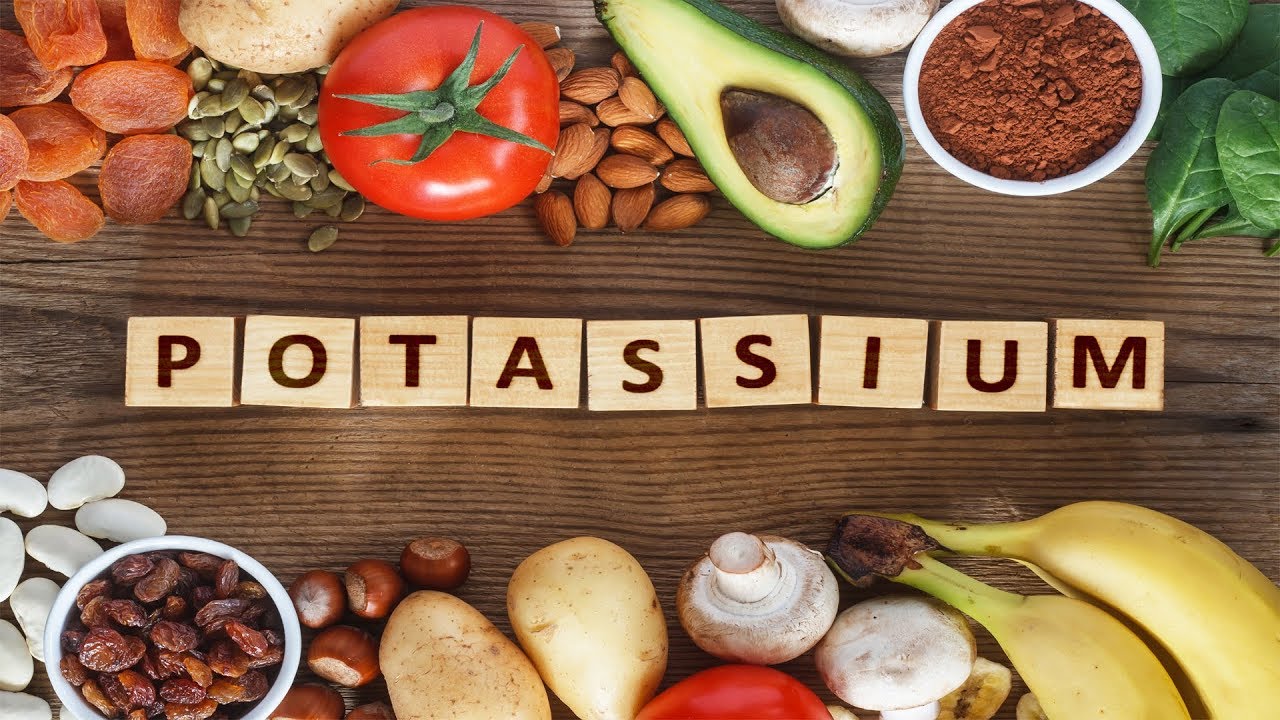Our body needs many vitamins and minerals in order to continue our life in a healthy way. One of them, potassium, is an essential mineral because all tissues in our body need potassium. Let’s see in detail what is potassium, what it does, what happens in our body in case of deficiency or excess.
Eating and drinking is a separate pleasure, a culture in itself. However, the main reason we eat is to get the necessary minerals and vitamins in order to gain energy and continue our life in a healthy way. Potassium is one of the minerals that our body needs. because every tissue in our body needs this mineral. Potassium is found both naturally and in different foods.
Since potassium is an indispensable mineral in our body, its deficiency is a big problem, but taking too much potassium also creates problems. Potassium, which has a key role in many issues such as muscle movements and blood pressure, should be taken regularly at varying rates according to age and gender. Bride What is potassium, what does it do, in case of deficiency or excess Let’s see in detail what happens in our body.
What is potassium, what does it do, what are the benefits?
Let’s start with the basics, what is potassium?
Potassium is one of the essential minerals that the human body needs most. Every tissue in our body needs potassium mineral because activating nerve functions has an electric charge. It is also called electrolyte because of this electrical charge. It is found naturally in many foods. It can be confused with vitamin K as it is denoted by K.
What does potassium do?
The main task of the potassium mineral is to maintain the fluid balance of our cells. Thanks to this task of maintaining balance regulates muscle movements It keeps blood pressure in balance and sends nerve signals. Since it regulates the fluid balance in the cells and activates the nerve functions, it has a direct relationship with body movements. This is the reason for the problems that arise in case of its deficiency and excess.
Benefits of potassium:
- Relationship with sodium
- Impact on cardiovascular health
- Effect on hypertension
- Effect on bone health
- Effect on kidney health

Relationship with sodium:
Although potassium and sodium appear to be similar minerals, they are actually in between. an opposite relationship in question. High sodium raises blood pressure, while potassium lowers blood pressure by relaxing blood vessels. Our body needs more potassium than sodium intake. People with a lower potassium intake than their sodium intake have a higher risk of death.
Effect on cardiovascular health:
The amount of potassium and sodium we take in our body daily has a direct effect on cardiovascular health. According to a study conducted by Harvard University, every 1000 mg of sodium taken per day increases the risk of cardiovascular diseases by 18%. taken per day for every 1000 mg of potassium It reduces the risk of cardiovascular diseases by 18%. There is an incredible balance between them.
Effect on hypertension:
Hypertension, also known as high blood pressure, is a disease that we naturally absorb into our body through blood pressure. associated with sodium and potassium. He knows that the amount of sodium taken into the body with salt and salty foods raises blood pressure. Potassium taken into the body balances blood pressure and therefore blood pressure by doing the opposite of this effect.
Effect on bone health:
We all know the effects of calcium and vitamin D on bone growth and bone health. However, ingested for the processing of calcium and vitamin D without loss Did you know that potassium is essential? It is recommended to increase the potassium mineral density for bone sensitivity, especially in postmenopausal women.
Effect on kidney health:
Potassium retains calcium and is processed so that it strengthens the bone. Potassium also transports calcium that reaches the bone to the blood without processing and from there. prevents it from reaching the kidney. You might wonder what will happen if it reaches the kidney. Kidney stones form if unprocessed calcium reaches the kidney. In other words, potassium prevents the formation of kidney stones by removing unprocessed calcium from the body.

Symptoms of high potassium in the body:
- Stomach ache
- Diarrhea
- chest pain
- irregular heart palpitations
- weakness in the muscles
- numbness in limbs
- Nausea
- Vomiting
This can happen if you are taking in much more potassium than you should on a daily basis. called hyperkalemia causes high potassium status. An increase in potassium in the body increases the risk of heart attack by damaging your heart.
Symptoms of potassium deficiency in the body:
- Overstrain
- muscle cramps
- Muscle pains
- Weakness in the muscles
- irregular heartbeat
- Constipation
- Nausea
- Vomiting
- slow reflexes
- Dry on the skin
- Acne formation on the skin
If you take in much less potassium than you should on a daily basis, your body will suffer from potassium deficiency and related symptoms. In cases of high potassium and potassium deficiency appearance of similar symptoms extremely surprising. You can have a blood test to see if your potassium is too low or too low.
Excess potassium in your body is excreted in the urine, sweat or stool. Potassium deficiency is rarely caused by malnutrition because it is almost There is a certain amount of potassium in every food. Potassium drops in cases of vomiting and diarrhea due to different ailments. Some drugs also accelerate the excretion of potassium from the body. In such a case, you can take a potassium supplement with the advice of your doctor.

Daily amount of potassium to be taken:
- Women ages 14 to 18 should get 2300 mg of potassium per day.
- Women 19 years and older should get 2600 mg of potassium per day.
- Pregnant and breastfeeding women should get 2500 – 2900 mg of potassium per day.
- Men aged 14 to 18 should get 3000 mg of potassium per day.
- Men 19 years and older should get 3400 mg of potassium per day.
What foods contain potassium?
- dried fruits
- Potatoes
- Pumpkin
- Spinach
- Broccoli
- Beet
- Avocado
- Banana
- Melon
- Orange
- coconut
- Tomatoes
- Soy
- Almond
- Yogurt
- cashews
- Chicken
- Salmon
Foods containing potassium mineral are generally like this. Although they all contain potassium, their proportions are quite different. For this reason, if you are trying to reduce or increase the amount of potassium in your body, you should do special research on your foods and learn which ones you should consume less and which ones more.
One of the essential minerals that our body needs the most. what is potassium, what is it, what are the benefits, what happens in case of high and deficiency We talked about the details you need to know about this mineral by answering frequently asked questions. What we describe is for informational purposes only. You can get the most accurate and specific information from your doctor.
